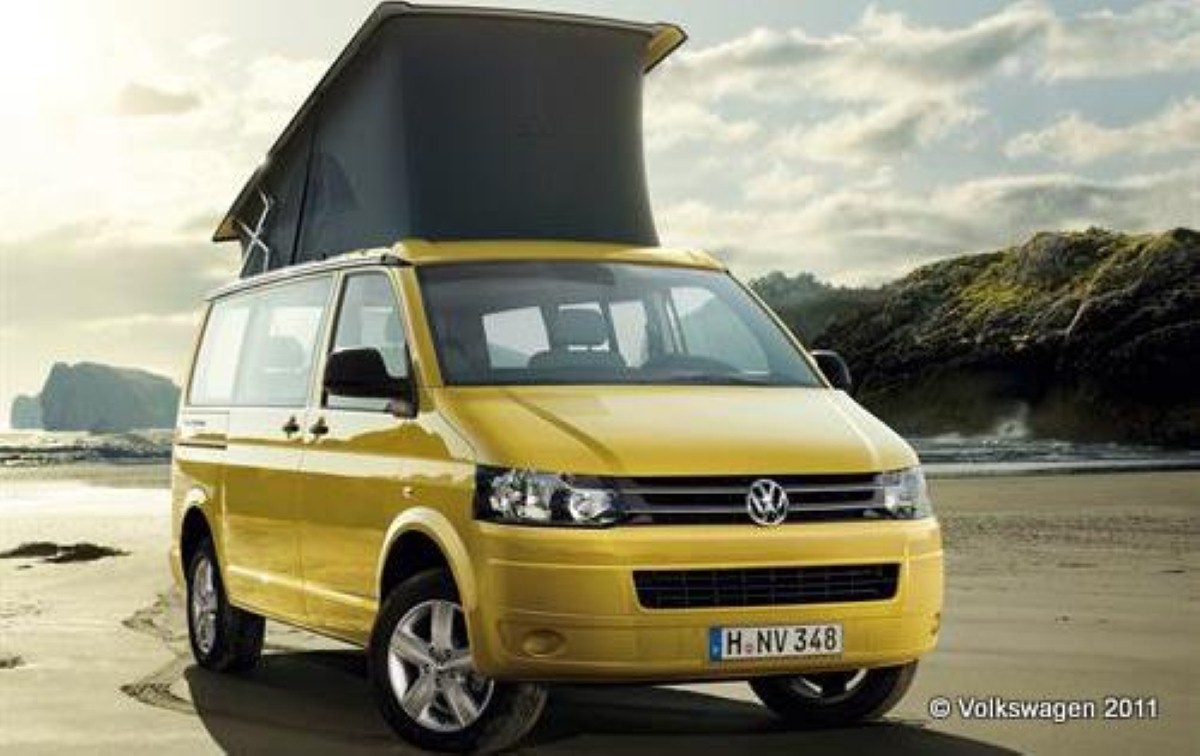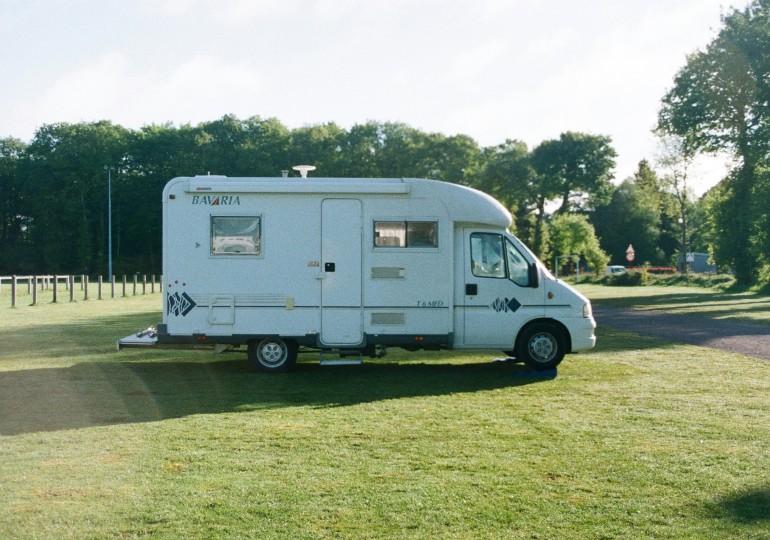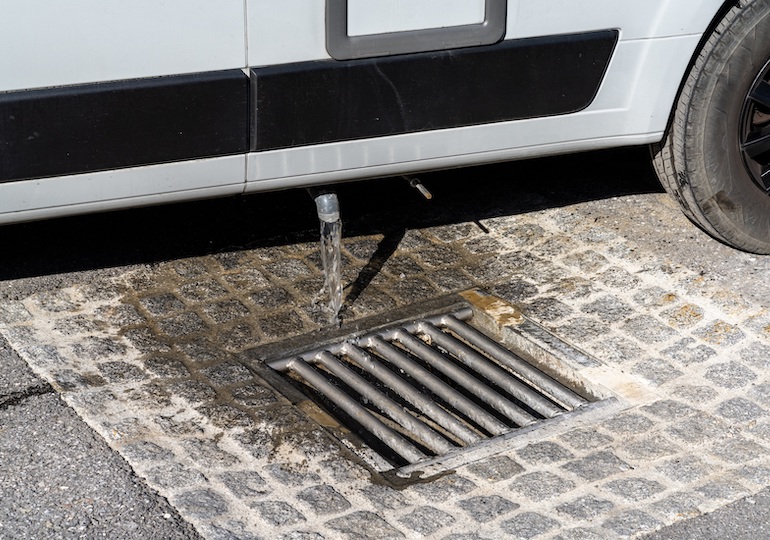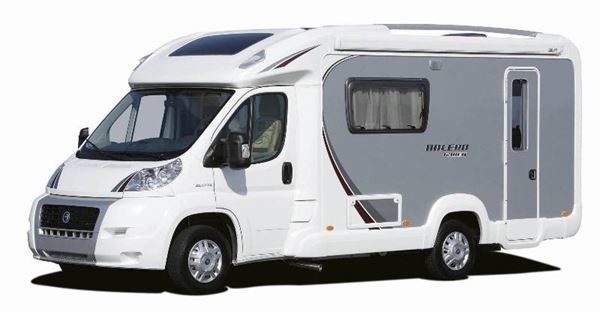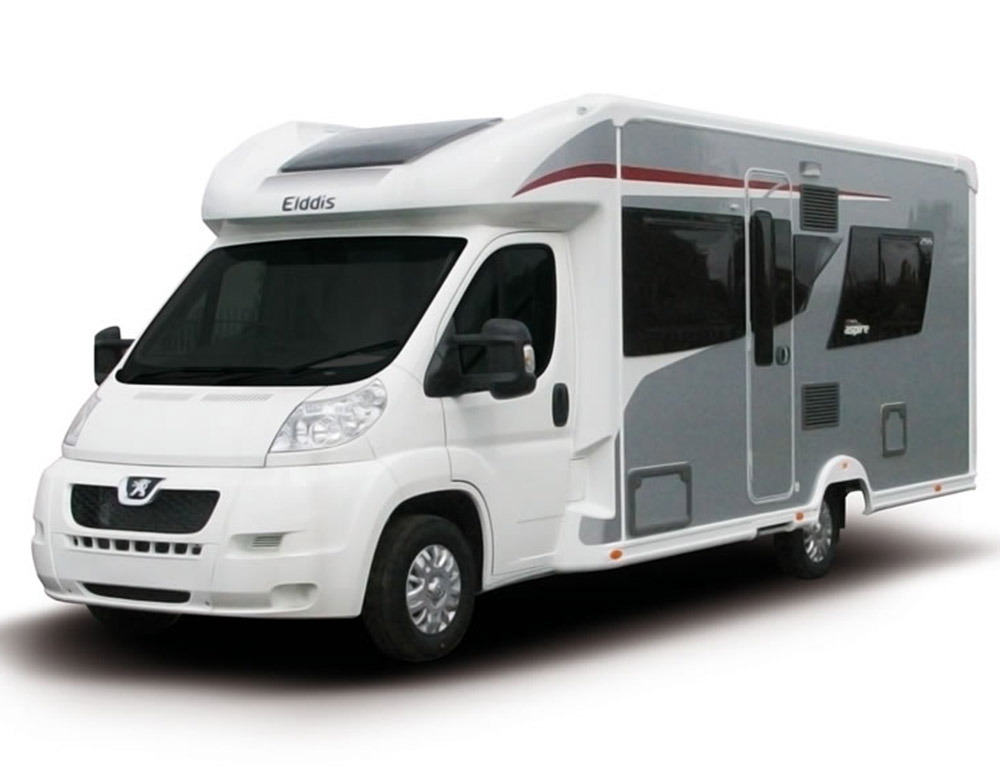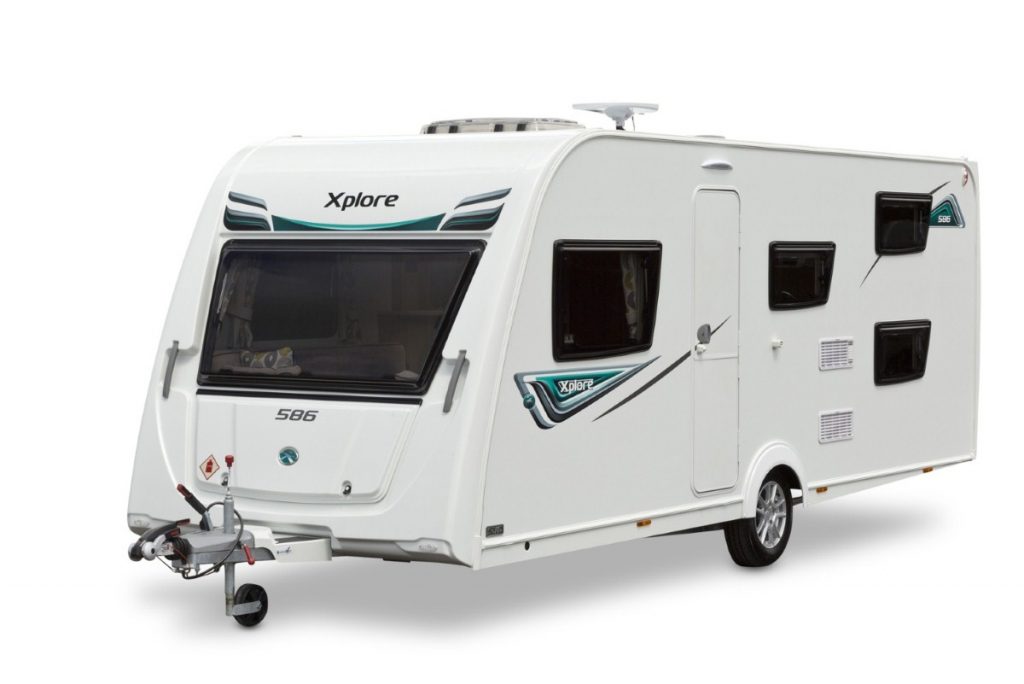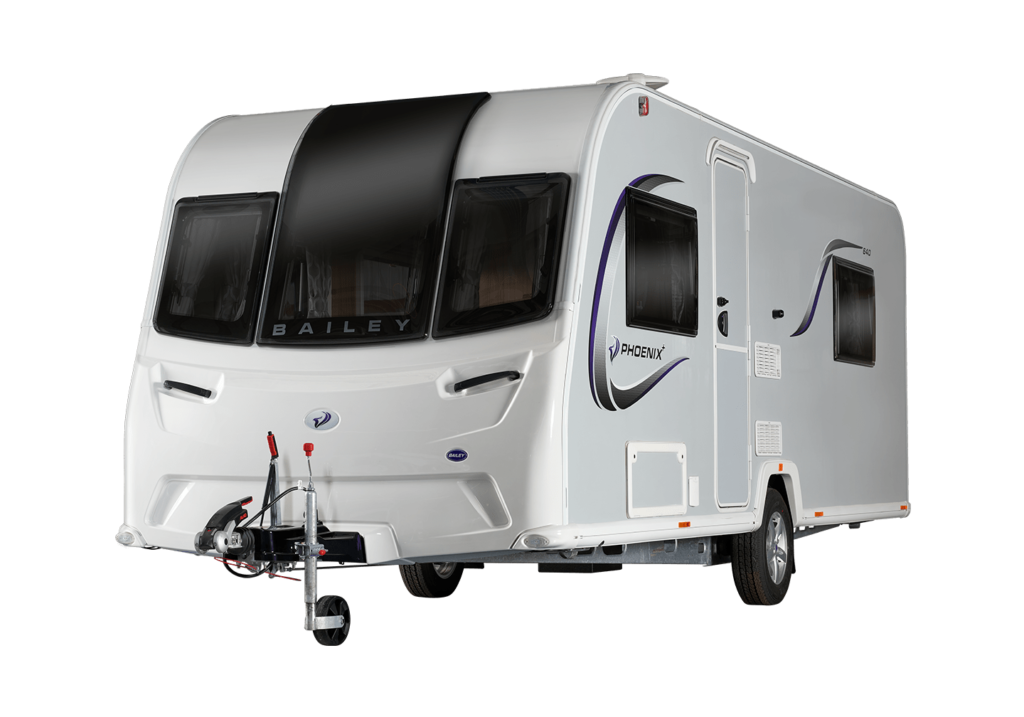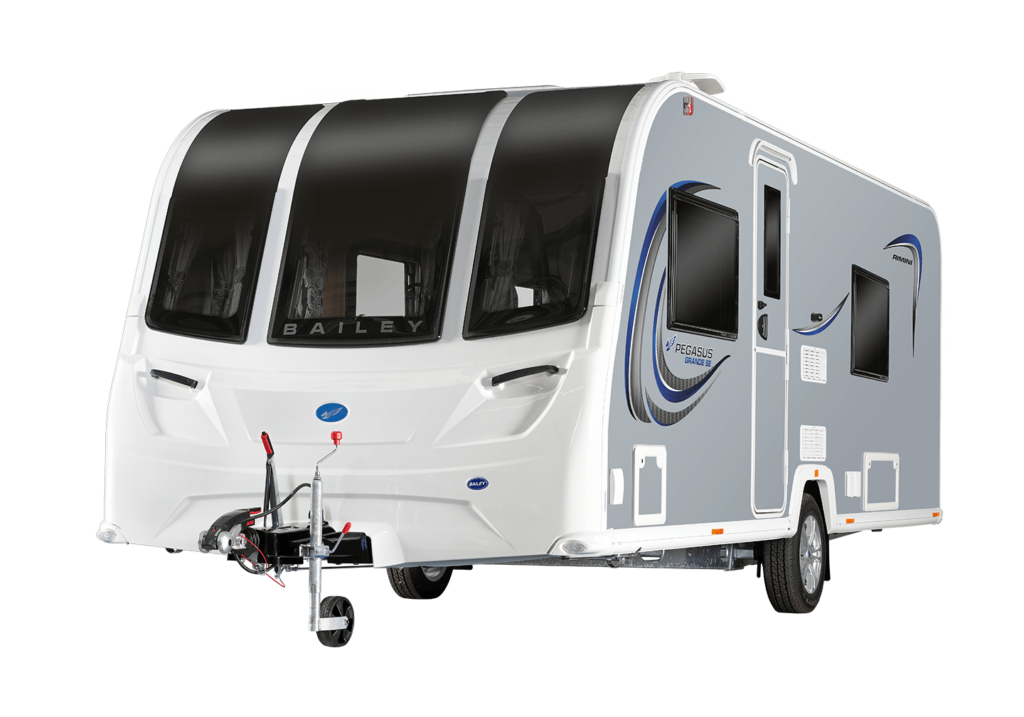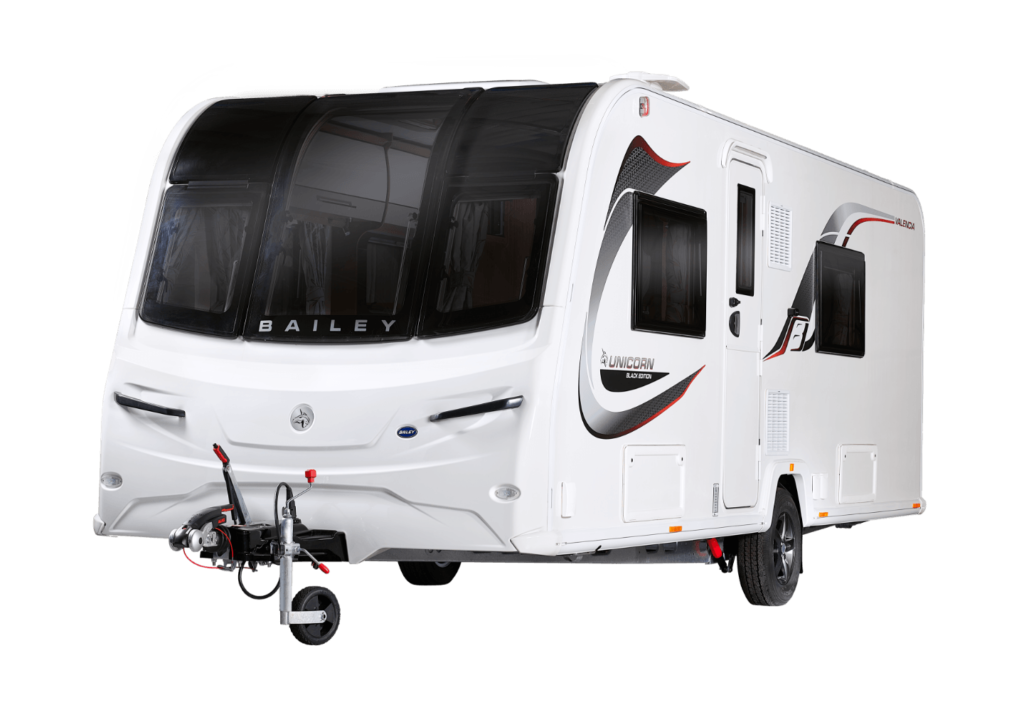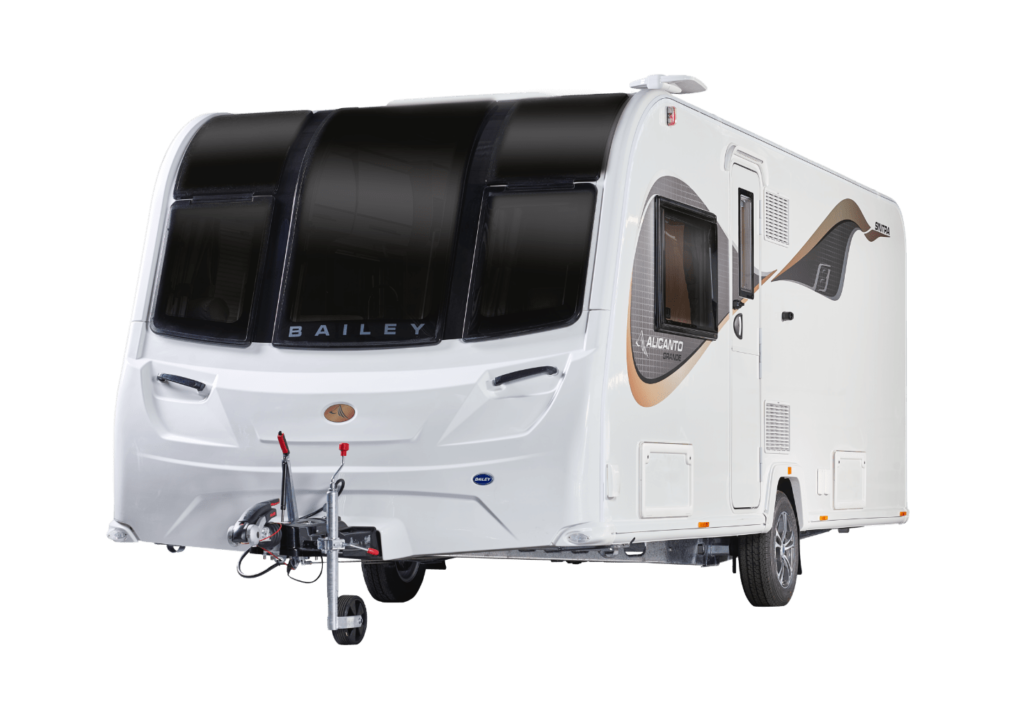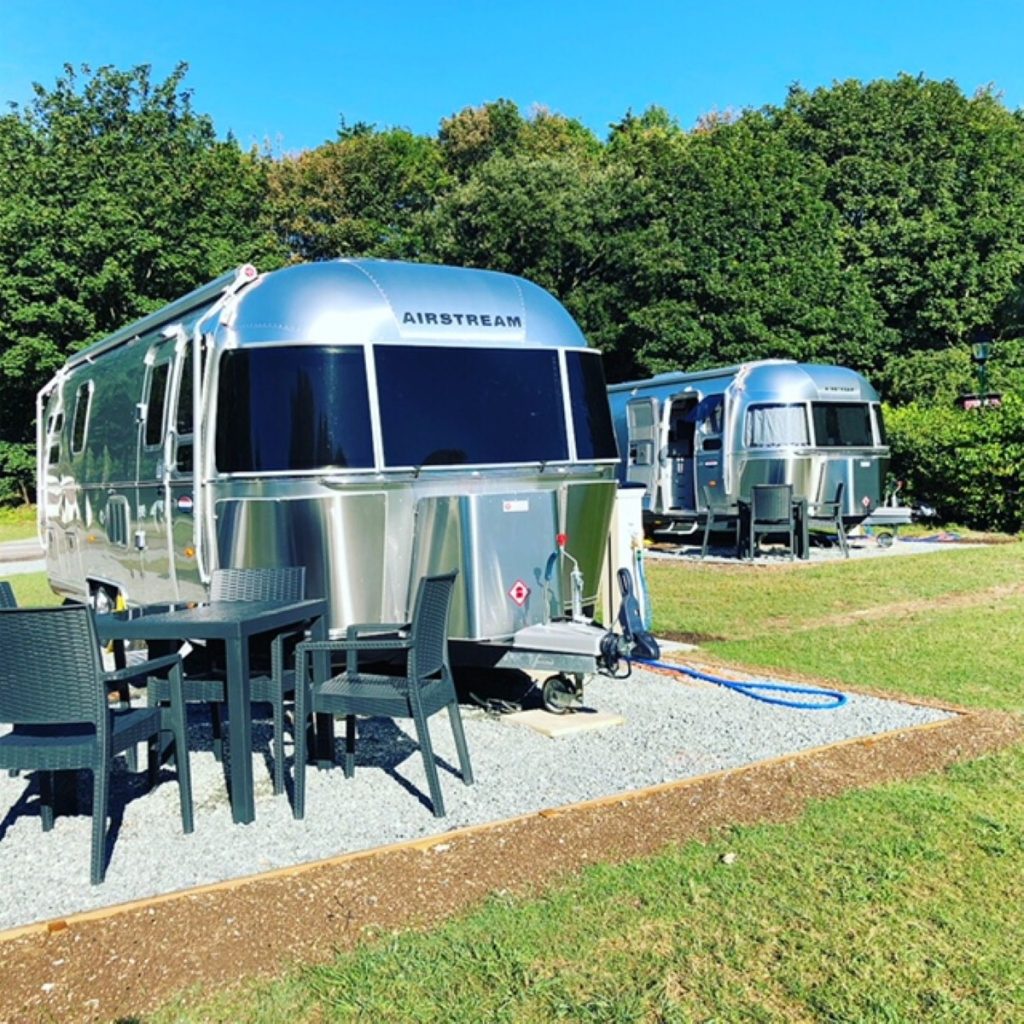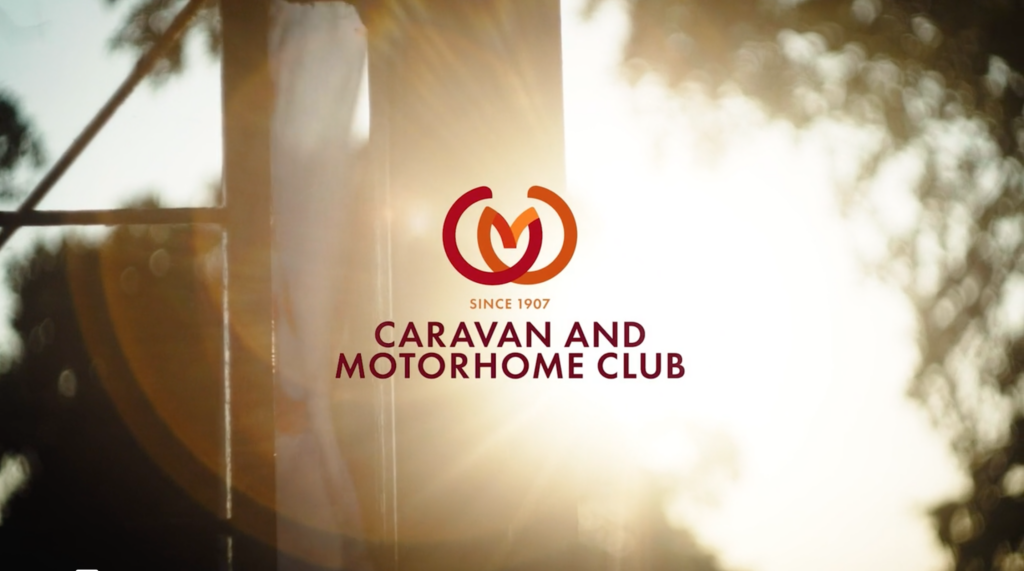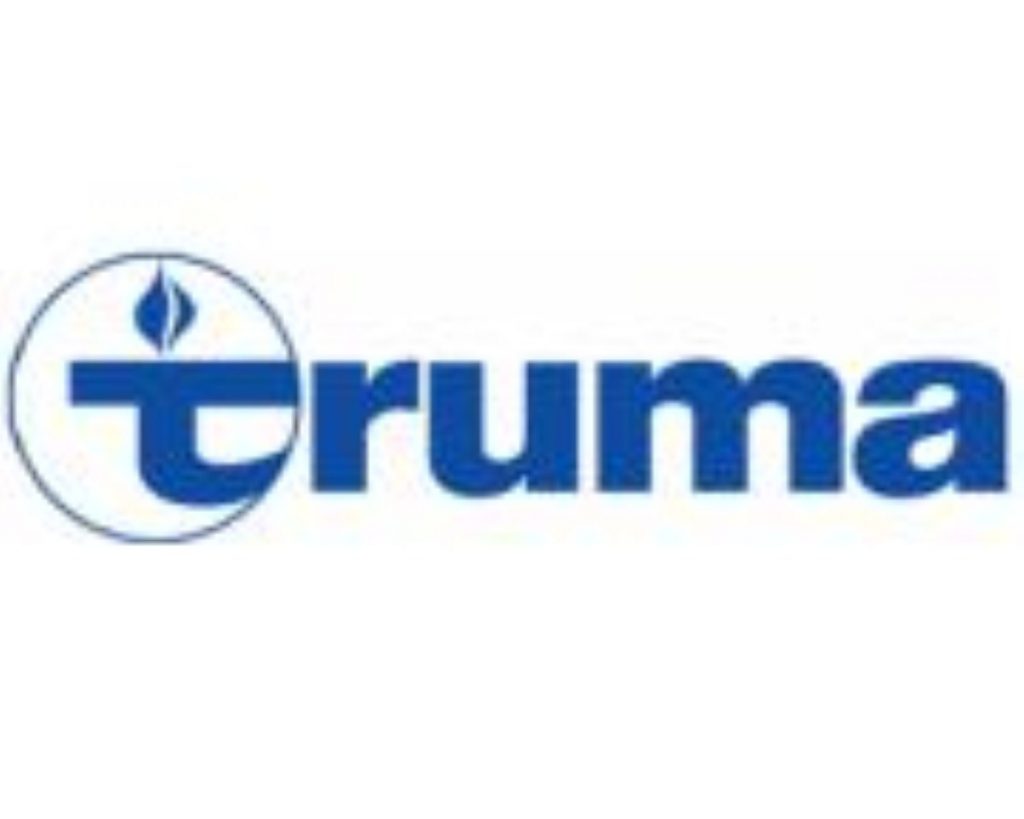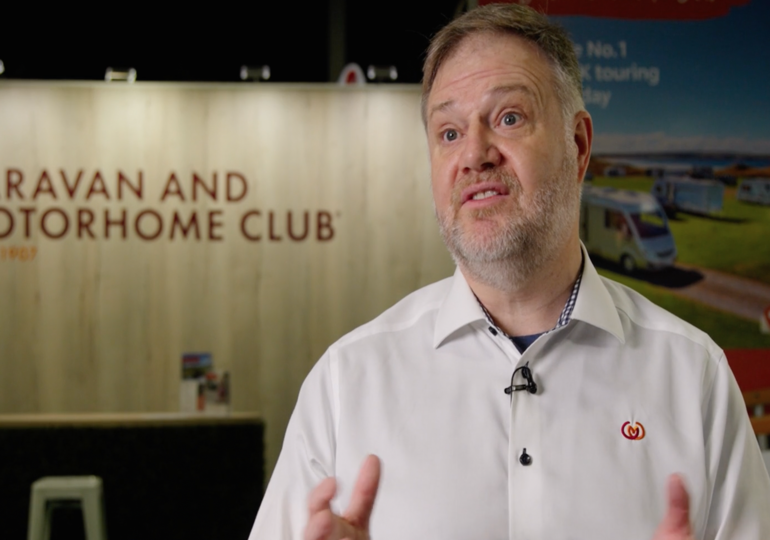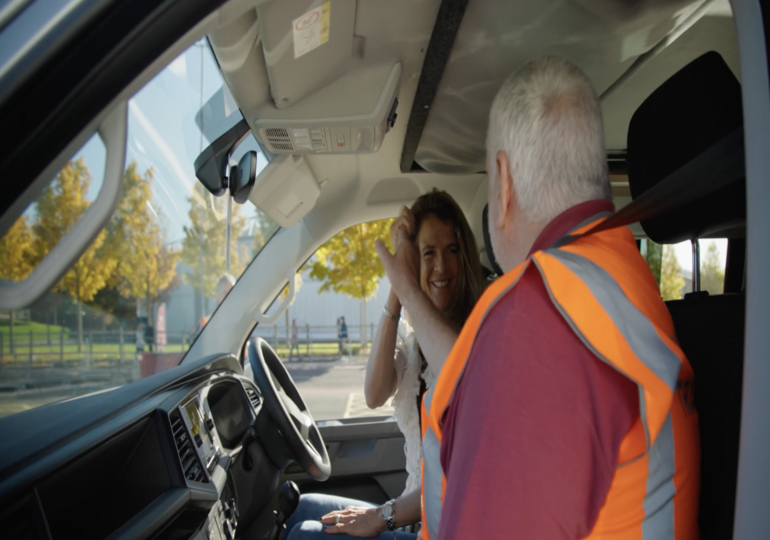By William Coleman
It seems that no matter what happens in the oil industry fuel costs never reflect the market price fluctuations. The rising costs can make towing a larger van or heavy motorhome quite costly. This is where the lightweight campervan can make a splash.
According to expert research the average average price of fuel has risen four months in a row, not really a surprise, which had lead to unleaded costing 11p per litre more in May than at the beginning of February. Diesel has also seen a hike with it being 7p per litre more expensive as of writing this.
So how do we combat against these ever rising prices? A reduction in weight is always a good start, and I don’t worry I am not suggesting a diet. Reducing the weight of your set up by 10kg can save up to the equivalent of £102 in fuel costs, according to a US study.
Aside from removing things from the van to try and reduce weight you can look at potentially using a smaller van or even upgrade yourself to a lightweight camper, which seem to be a very popular option now days.
A spokesman for panel and insulated products supplier Panel Systems said:
“There has definitely been a rise in demand for lightweight vans. There are huge benefits that come with it, and we expect the interest in this will grow further.”
The van conversion market growing larger each year and it seems every time you turn around there are new companies popping up creating bespoke campers on VW and Mercedes chassis, to name but a few. There are even whole sections of the NEC that are now dedicated to camper conversions.
It seems that the lure of the camper is how lightweight they are and the fact they can very easily be used as a day to day vehicle. The issue I see with them is the lack of facilities you get with a motorhome or caravan but this is not stopping a lot of buyers.
“Reducing fuel costs might particularly appeal to families using camper vans as a form of transportation on holidays,” he added.
Lightweight material alternatives, such as ThermHex polypropylene honeycomb core and extruded polystyrene, can be used to replace panels that are usually manufactured with a plywood core as part of the wall, roof and linings of the vehicle.
An added bonus of polypropylene honeycomb materials is that they do not absorb moisture like traditional materials such as Plywood, which can swell in the event of a leak and lead to possible delamination issues.
The spokesperson said: “Another important consideration for choosing lightweight materials is how well they can bond to other materials to create sandwich panels. The surface finish of ThermHex is a PET non-woven material. This enables easy bonding of various types of facing materials with all common adhesives, including polyurethane-based glues.”
To create a sturdy floor structure in vehicle conversions, lightweight core materials can be used to create timber faced sandwich panels as an alternative to solid timber floors.
“A floor needs to be more structural as it’s where people walk. These sandwich panels are lighter than solid timber panels but they maintain the same overall thickness and can still provide excellent strength properties,” the spokesman continued.
A lighter commercial vehicle also allows more weight to be carried inside which is beneficial when used by a delivery or catering service, especially in vehicles with a low maximum authorised mass (MAM).
Having spoken with someone within the industry this week it does seem that a lot more plates are being registered and it is their feeling that the van conversion are a major contributing factor for this.

